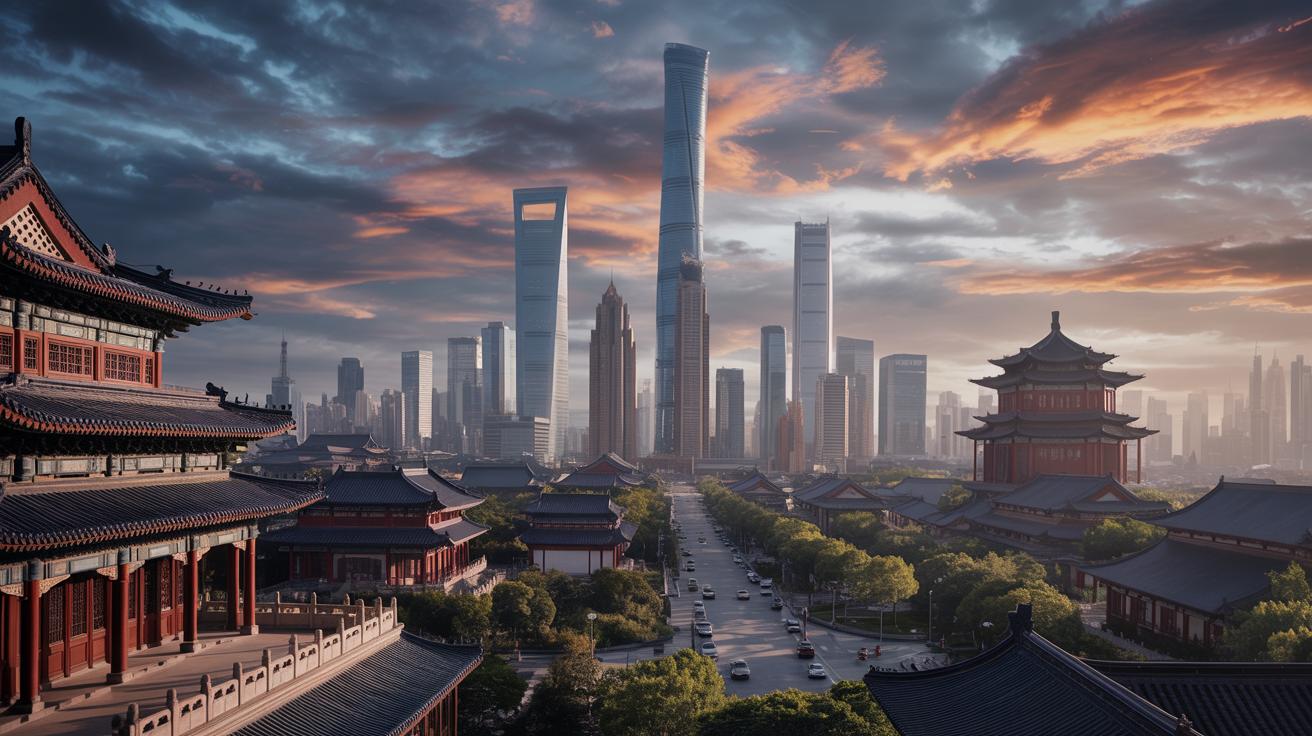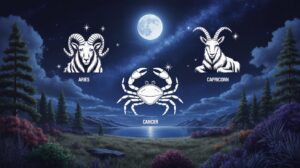What You Need to Know
- 🌍 China is on a mission to develop a national culture that is both modern and uniquely Chinese, blending historical roots with global influences.
- 🧠 Historian Wang Gungwu emphasizes the importance of a unifying national ethos that can adapt to the challenges of a rapidly changing world.
- 🔄 The legacy of Deng Xiaoping’s “reform and opening up” policy is pivotal in shaping China’s cultural rejuvenation and balancing tradition with modernity.
- 🚀 Globalization presents both opportunities and challenges as China seeks to integrate advanced global ideas while preserving its distinct cultural identity.
- 📚 Intellectuals play a crucial role in guiding China’s cultural evolution, offering insights that bridge the past with the present as the nation forges its future path.
China’s journey from an ancient civilization to a modern nation-state is a fascinating tale of transformation. This metamorphosis is not just about economic prowess but also about cultural identity. The quest of China’s leaders to cultivate a culture that is both modern and distinctly Chinese is a complex narrative intertwining history, reform, and global influence. As historian Wang Gungwu elucidates, China’s leaders face the enduring challenge of building a national ethos that embraces modernity while remaining rooted in its rich heritage. How has China navigated this intricate path, and what does it mean for its future?
The Vision of Deng Xiaoping
In 1978, Deng Xiaoping emerged as a visionary leader, steering China away from the tumultuous path of revolution towards a future defined by reform and openness. His policies were not just about economic revitalization but also about cultural rejuvenation. Deng’s call for “reform and opening up” was a pivotal moment, bringing a collective sigh of relief to a nation weary of upheaval. He understood that for China to thrive, it needed to embrace global insights while nurturing its unique cultural identity. Under Deng’s leadership, China embarked on a transformative journey, balancing tradition with modernity.
This period marked a significant shift in China’s approach to development. The emphasis was on consolidating the achievements of the past and learning from both triumphs and mistakes. Deng’s genius lay in his ability to recognize the need for a stable, unifying national ethos that could adapt to the changing global landscape. His policies laid the foundation for a cultural renaissance, enabling China to embrace new ideas without losing sight of its historical roots.
Challenges of Cultural Holism
The quest for a modern Chinese culture is fraught with challenges, particularly the notion of cultural holism. Traditionally, Chinese culture is viewed as a holistic entity, a seamless blend of philosophy, art, and societal values. This perspective poses a dilemma for contemporary leaders: how to create a new cultural identity that stands independently in a globalized world. The rapid transmission of ideas and technological advancements has made the world smaller, yet the desire for a distinct national culture persists.
Many Chinese individuals still yearn for the civilization they once proudly claimed, but in a world dominated by global processes, the task is not merely about preservation. It’s about adaptation and innovation. The challenge lies in incorporating new ideas while preserving the essence of what makes Chinese culture unique. As globalization continues to shape societies, China must navigate these waters carefully, ensuring its cultural identity remains strong yet flexible enough to absorb beneficial global influences.
Globalization and Cultural Identity
Globalization has undeniably altered the cultural landscape, presenting both opportunities and challenges for China. The influx of advanced ideas in science and technology is something the Chinese are eager to adopt. However, the integration of these global elements into the national fabric requires a delicate balance. While some envision a future where a global culture unites humanity, China’s leaders are tasked with ensuring that their culture remains distinctively Chinese.
This balancing act involves reviving valuable aspects of ancient Chinese culture and infusing them with contemporary ideas. The goal is to build a cultural identity that is both modern and uniquely Chinese. This approach not only strengthens national pride but also positions China as a cultural powerhouse on the global stage. As China continues to evolve, it serves as a testament to the resilience and adaptability of its cultural heritage.
The Role of Intellectuals and Scholars
Renowned historians and scholars, like Wang Gungwu, play a critical role in shaping China’s cultural journey. Their insights into the country’s past provide valuable guidance for its future. Wang’s reflections on the transformation of China highlight the importance of understanding history to navigate contemporary challenges. By examining the legacy of leaders like Deng Xiaoping, intellectuals help illuminate the path forward.
Their scholarship underscores the importance of a unifying national ethos that can adapt to changing times. As China seeks to build a modern culture, the contributions of its intellectuals are indispensable. They offer a bridge between the past and the present, ensuring that China’s cultural evolution is grounded in a deep understanding of its historical roots while being open to new ideas and innovations.
China’s quest to cultivate a culture that is both modern and distinctively Chinese is an ongoing journey, rich with challenges and opportunities. As it navigates the complexities of globalization and cultural preservation, China stands at a crossroads. The decisions made today will shape not only its national identity but also its position on the global stage. Will China’s leaders successfully merge ancient heritage with modern innovations, creating a cultural identity that resonates with its people and the world? The answer may redefine what it means to be Chinese in the 21st century.
Did you like it?4.5/5 (21)







9 comments
Silas5
LOL, cultural alchemy sounds like a Harry Potter class! But seriously, great read. 😊
Nathaniel
Wow, this is deep! Is it just me or does Wang Gungwu always hit the nail on the head?
simba_illusionist
Thanks for the comprehensive breakdown! It’s amazing to see how culture and politics intertwine.
Audrey
This article makes me curious about the role of younger generations in shaping China’s cultural identity.
rileywanderer6
I wonder how much of China’s current cultural policies are influenced by its historical philosophies.
Hudson
Can anyone recommend more reads on Deng Xiaoping’s reforms? This is fascinating!
colton_illusion
Wang Gungwu’s insights make me wish I paid more attention in history class! 😄
Hudson_Infinity
How do you think China’s approach to cultural fusion differs from other countries facing similar challenges?
ianstardancer
Thanks for sharing this insightful post! Wang Gungwu’s perspective is always enlightening. 😊